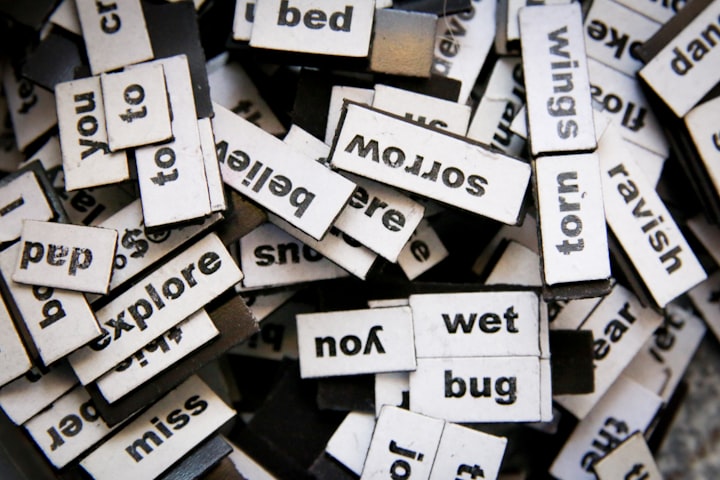Learning How to Code Changed My Life
Humanities major turned computer nerd

As an art history major, taking a computer science course was the last thing on my mind. I didn't even know what coding really was, let alone how to do it. After a few friends convinced me to take an introductory computer science course, I fell in love with it. I ended up pursuing a minor in CS, which changed my life for the better. Here's how:
How I Learn
While I was always interested in science and math, I often gravitated toward the more "creative" subjects because of the way I think and learn. Learning how to code has allowed me to exercise my left brain and become much more analytical. I've developed problem solving skills for any situation. Dealing with bugs and deciding how to accomplish a task forced me to become creative with how I approach each and every issue. While computer science may seem very formulaic and methodical, I constantly have to make use of my creative side when I am coding. Every assignment requires novel solutions to the tasks at hand, so it is imperative that I understand the different ways around a problem and why some strategies work better than others.

What I learn
The more CS courses I took, the more dedicated I became to exploring the intersection of art history and computer science. My junior year I began a data visualization project that aimed to demonstrate how computational techniques can be applied to the study of art history by using a GUI that graphically represented the growth of my school's art history program over time. Senior year I began working on my art history capstone which examined the history of computer generated art and the art community's relationship with computers.
Taking CS launched me into a world I didn't know existed. I became interested in how coding is used outside of the classroom, and started reading articles on TechCrunch to learn about tech companies and new products. I also subscribed to subreddits like r/machinelearning and r/programming, which brings me to the next topic...
Community
One of the most unexpected ways learning how to code impacted me is in the people I interact with both online and in the real world. In addition to meeting some of my best friends in the CS department at my school, I've also been able to network and make connections because of it. Not only has this led to career opportunities, but I've also learned a lot about different companies and new technology through these connections. The online community is no different. Everyone within the many online communities that exist has something unique to offer, whether it be open source software on GitHub, voicing their opinion on the Vim vs. Emacs debate, or contributing their thoughts about the programming holy war: tabs vs. spaces.
Opportunities
It is no secret that coding is a hot skill to have right now. Because of this, it can present you with loads of opportunities that you wouldn't necessarily have otherwise. Employers are always seeking out people with CS backgrounds, but not just for there coding capabilities. People who code also gain a lot of other desirable skills for the workplace. In my experience, taking CS taught me how to effectively manage my time and stress, as well as handle large workloads and understand complex topics. Most importantly, perhaps, it taught me grit. Sometimes I sat in front of my computer debugging for hours because one algorithm was preventing my code was running properly. Because of this, I've had the chance to work for interesting companies doing everything from coding to marketing. While I don't work strictly as an engineer, I can step up to the plate if someone in the office needs something done, which is especially important in a startup environment, like the one I currently work in.
How you can get started
I think everyone should learn how to code. You don't have to be a software engineer, but taking a quick Python course or learning the basics of HTML can help you in ways you might not expect. Sign up for the intro class at school or make an online course your new weekend activity. There are endless online resources to learn how to code. My personal favorite is Codeacademy.
Codeacademy is great because if offers free courses on twelve different languages as well as courses on skills like web scraping, natural language processing, and using the command line. To learn more about what you can do to start learning how to code, check out this article on coding languages or this one on Udemy courses that can help you get started.
While I would encourage everyone to at least give coding a try, if it seems like too big a feat, there are smaller changes you can make to become more aware of the tech world. Read some articles online about the impact of technology on society, find out the latest updates on SpaceX launches, or discover a new and interesting startup. Even if you don't learn anything you find compelling, you'll at least have a good conversation starter.





Comments
There are no comments for this story
Be the first to respond and start the conversation.